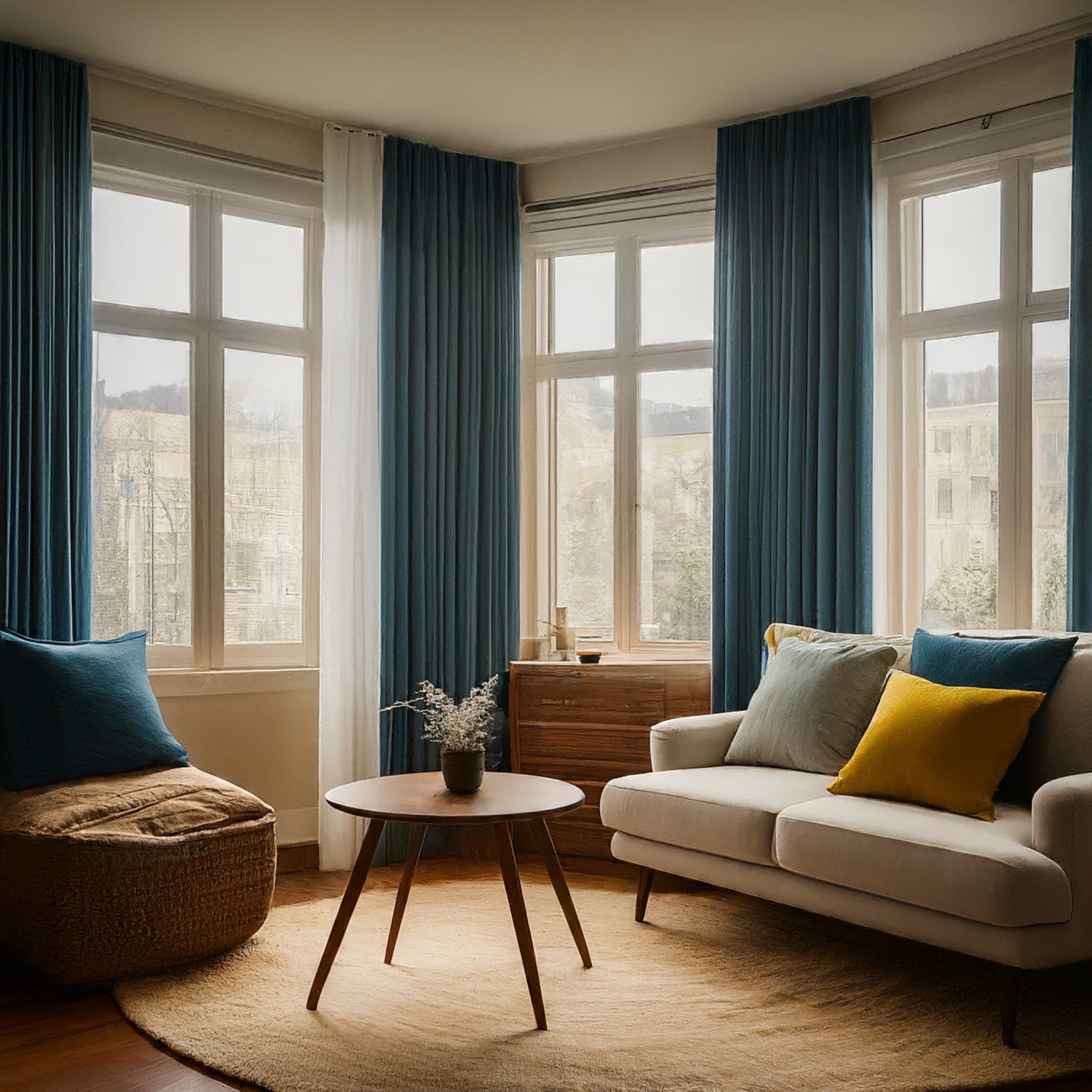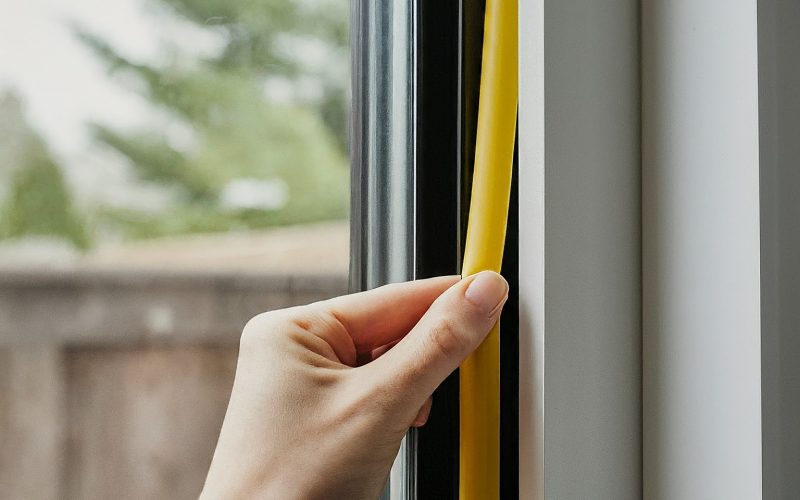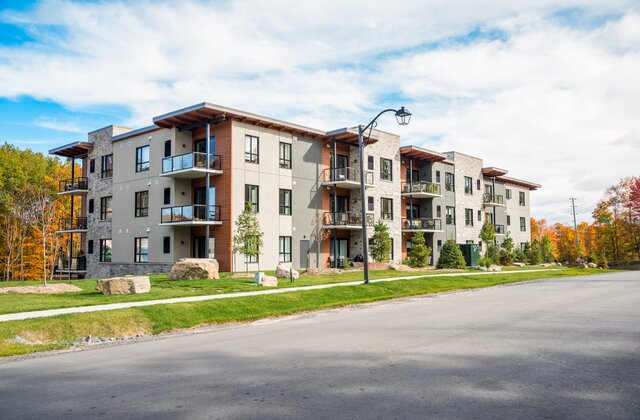Author Introduction
Hi there! I’m Sarah, a homeowner who’s been through the trenches (or should I say, dust clouds?) of numerous renovation projects, both my own and those of enthusiastic neighbors. Today, I’m here to share some hard-earned wisdom to help you keep your home safe and secure during your neighbor’s construction marathon.
Living next to a renovation project can feel like an unwelcome invasion of your once peaceful home. The constant racket of hammering and drilling, punctuated by dust clouds swirling around your windows, can test your patience and turn your sanctuary into a warzone. But fear not, fellow homeowner! Here are some practical tips to help you minimize disruption and keep your home safe during this temporary construction frenzy.
Understanding the Noise and Dust: Brace Yourself (But Don’t Panic!)
The first step is acknowledging the inevitable – noise and dust will likely be present during your neighbor’s renovation. However, having a general understanding of the renovation timeline and type of work being done can help you prepare. According to the National Association of Home Builders (NAHB), kitchen and bathroom remodels typically take 2-4 weeks, while larger projects involving structural changes can take several months. Knowing the scope of the project can help you mentally prepare for the duration and intensity of the disruption.

Securing Your Home: Fortress Against Falling Debris
While major structural work might pose a higher risk of falling debris, even minor renovations can result in the occasional rogue nail or stray piece of lumber taking an unexpected tumble. Here’s what you can do to safeguard your property:
- Identify Vulnerable Areas: Pay close attention to shared walls, fences, and anything close to the construction zone. If you have outdoor furniture, grills, or potted plants near the project area, consider moving them to a safer location.
- Cover Valuables: Think about protecting exposed decks or patios with tarps to prevent dust accumulation and minimize the risk of damage from falling debris.
- Inspect Your Property Regularly: Especially after particularly noisy days, take a quick walk around the exterior of your home to look for cracks or damage, especially if you share a wall with your neighbor. Early detection of any potential issues can help prevent them from becoming bigger problems.
| Action | Benefit |
|---|---|
| Identify Vulnerable Areas | Protects belongings from falling debris |
| Cover Valuables | Minimizes damage |
| Inspect Property Regularly | Ensures early detection of potential issues |
Air Quality Control: Keeping Dust at Bay
Dust inhalation can be irritating and pose health risks, especially for those with allergies or respiratory problems. Here’s how to create a dust-free haven within your home:
- Seal Entry Points: Use weather stripping around windows and doors to prevent dust infiltration. Even small gaps can allow dust particles to sneak in and disrupt your peaceful haven.
- Invest in Air Purifiers: Portable air purifiers with HEPA filters can significantly improve indoor air quality by trapping dust particles before they can circulate throughout your home.
- Change HVAC Filters Regularly: According to the Environmental Protection Agency (EPA), replacing air filters regularly is essential for maintaining good indoor air quality. During construction, consider changing your HVAC filters more frequently to trap dust particles before they can circulate through your ventilation system.

Communication is Key: Building Bridges with Your Neighbor
A friendly conversation with your neighbor can go a long way in fostering a sense of understanding and cooperation during their renovation project. Here are some tips for open communication:
- Introduce Yourself: If you haven’t already, take a moment to introduce yourself and express your well wishes for their project. A little neighborly kindness can go a long way.
- Inquire About Timeline: Ask about the estimated duration and types of work involved in the renovation. Having a general idea of the project timeline can help you mentally prepare for the disruption.
- Discuss Potential Concerns: Voice your concerns politely about noise and dust, and explore potential solutions together. Perhaps your neighbor would be open to installing dust barriers on the shared wall or scheduling noisy work for specific times of the day.
Know Your Rights and Resources: When Noise Becomes Excessive
Local ordinances usually regulate construction noise levels and work hours. If the noise becomes unreasonable, consult your local municipality for guidance and potential filing procedures. Most municipalities have websites that outline noise ordinance details and provide information on filing noise complaints.
Making the Most of It: Turning Lemons into Lemonade (or Peaceful Retreats!)
Look at this as an opportunity to create a peaceful haven within your home. Here are some ideas to help you escape the noise and dust:
- Invest in Noise-Cancelling Headphones: Block out construction sounds while working from home or relaxing. Noise-cancelling headphones can be a game-changer, especially if you need to focus or concentrate during the day.
- Designate a Quiet Room: Create a dust-free, sound-proofed room (as much as possible) in your home for reading, working, or napping. This could be a spare bedroom, a home office, or even a closet! Add rugs, pillows, and sound-absorbing curtains to further dampen noise.
- Explore Alternative Activities: Plan outings to libraries, parks, coffee shops, or even the local museum to escape the noise during peak construction hours. A change of scenery can do wonders for your sanity and well-being.
Comparative Table: Noise Reduction Strategies
| Strategy | Effectiveness | Cost | Ease of Implementation |
|---|---|---|---|
| Noise-Cancelling Headphones | High | Moderate-High | Easy |
| Sound-Proofing a Room | High (requires proper materials and installation) | High | Moderate-Difficult |
| Sealing Entry Points (weather stripping) | Moderate | Low | Easy |
| White Noise Machine | Moderate | Low-Moderate | Easy |
Remember, a little preparation and proactive communication can go a long way in keeping your home safe and your sanity intact during your neighbor’s renovation. By following these tips, you can transform a potentially disruptive experience into a minor inconvenience.










